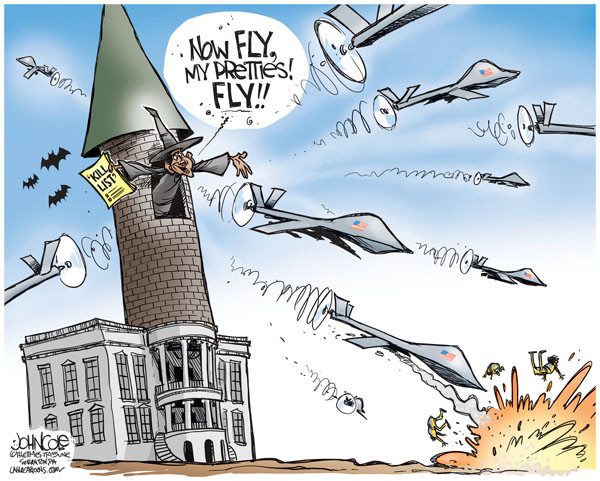Blowback (intelligence)
As Blowback (English " recoil " ) the unintended effect is known in the jargon of the intelligence services, drop off at the unofficial foreign policy activities or covert operations later negatively to their country of origin. This can be done in the form of unfavorable external political developments, or even terrorist attacks. Was first used the term in 1953 as part of Operation Ajax, in which the CIA brought about the overthrow of the Iranian prime minister; increasingly it appears since the 1980s, and in close connection with the Reagan Doctrine.
- One of the best known examples is the training and promotion of Osama bin Laden by the CIA during the war in Afghanistan in the 1980s. The grouping led by bin Laden Al -Qaeda are, inter alia, the terrorist attacks of 11 September 2001 on the burden. Since the vast majority of the American public from the previous collaboration of their government with bin Laden hardly knew anything, the attacks for most citizens were not only surprising, but also seemed to have no connection with the politics of their country to stand.
- The tolerance of the U.S. reprisals by the government of Shah Mohammad Reza Pahlavi against the Iranian people contributed in a blowback. After the 1979 revolution, when the Shah was overthrown, said Ruhollah Khomeini, the Supreme Leader United States the "Great Satan." The enmity between the Iranian leadership and the U.S. continues to this day and represents a geostrategic problem
The term has a broader public, especially through the book Blowback: The Costs and Consequences of American Empire by the American political scientist and former CIA consultant Chalmers Johnson known ( German title: An empire expires ).









